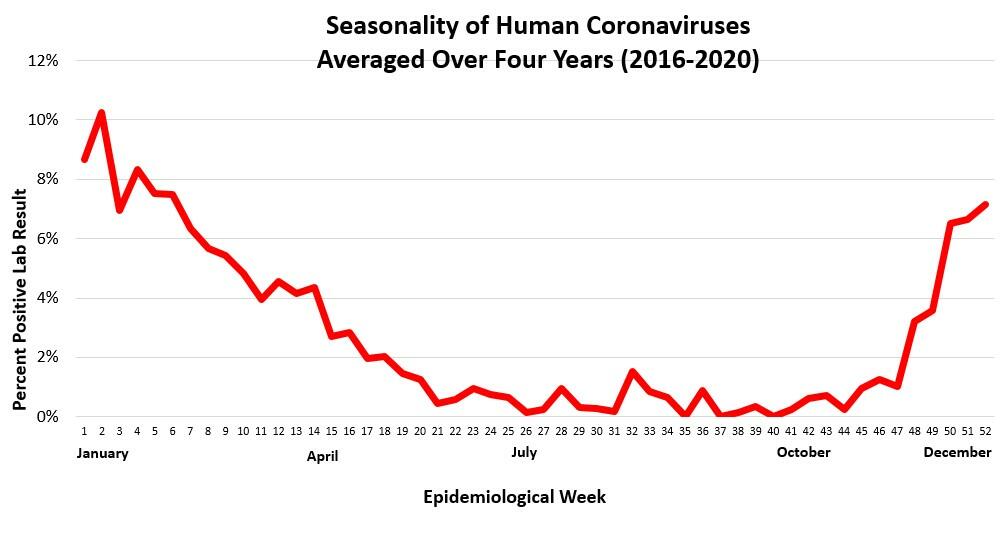Coronavirus
Coronaviruses are a large family of viruses that can cause illness in people and animals.
Human coronaviruses are common throughout the world. Some human coronaviruses were identified many years ago and some have been identified recently.
Human coronaviruses commonly cause mild to moderate illness in people worldwide. Most people will get infected with one or more of these viruses at some point in their lives. Several human coronaviruses, including COVID-19, MERS-CoV, and SARS-CoV can frequently cause severe illness.
To find current levels and transmission of respiratory viruses in Wisconsin, visit Respiratory Virus Data.
Respiratory viruses are primarily spread to others by respiratory droplets and aerosols that travel through the air when an infected person breathes, speaks, sings, coughs, or sneezes.
They can also be spread by contact - either with the infected person (like kissing or shaking hands), or by touching contaminated surfaces and then touching your mouth, nose, or eyes. These viruses can survive on surfaces for many hours.
Most common human coronaviruses usually cause mild to moderate upper-respiratory tract illnesses, like the common cold. Most people get infected with these viruses at some point in their lives. These illnesses usually only last for a short amount of time.
Symptoms may include:
- Runny nose
- Headache
- Cough
- Sore throat
- Fever
- A general feeling of being unwell
There no specific treatments for illnesses caused by human coronaviruses. Most people will recover on their own. You can relieve your symptoms by:
- Taking pain or fever medications (note: never give aspirin to children)
- Using a room humidifier or taking a hot shower to help ease a sore throat and cough
- Drinking plenty of liquids to stay hydrated
- Staying home and resting
If you are concerned about your symptoms, contact your health care provider
- Avoid close contact with sick people.
- Wash your hands for at least 20 seconds.
- Avoid touching your face (especially mouth, nose, and eyes).
- Cover your mouth and nose when coughing or sneezing.
- Disinfect objects and surfaces regularly (like doorknobs, countertops, and light switches).
COVID-19 vaccines are effective at preventing serious illness, hospitalization, and death caused by COVID-19. There are no vaccines to protect you against other human coronaviruses.
Human coronaviruses are most common in the winter months – November through April.
- DHS: Wash Your Hands!, P-01710: Flyer with instructions on how to properly wash hands.
- DHS: Respiratory Viruses, P-03082: An informative fact sheet explaining the similarities and differences between different respiratory viruses.
COVID-19 was declared a Category I reportable disease by the State Epidemiologist per a memo issued on Feb. 4, 2020. While individual cases of other human coronaviruses are not reportable in Wisconsin, clusters of any human coronaviruses should be reported to the local health department.
Recommendations for providers can be found on the CDC website.
Questions about the coronavirus? Contact us!
Phone: 608-267-9003 | Fax: 608-261-4976


